Will Jamaica now seek to 'move on' from royals as a republic?
- Published
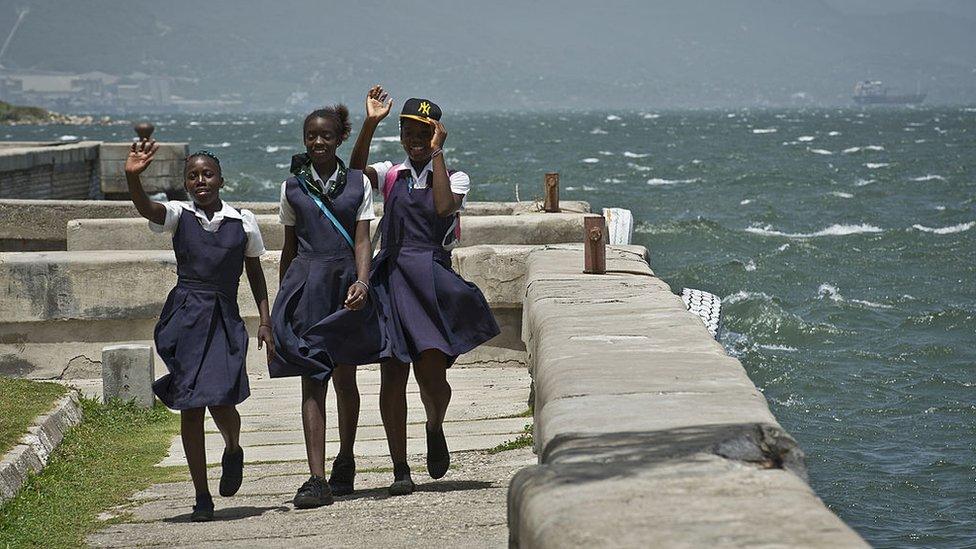
Polls suggest some in Jamaica are ready to greet a new era without the Crown (file picture)
The proclamation of the new monarch - King of Jamaica - reverberated around Kingston Harbour, a port that once stood at the heart of the British Empire.
For generations, the Crown and British traders made fortunes in Jamaica trading sugar, cacao, indigo and, of course, slaves through Kingston's vast natural harbour. By the 19th Century, it had become one of the principal ports in the western hemisphere.
But as the booms of the gun salute faded, King Charles III ascended the throne with Jamaica at a crossroads in its relationship with the monarchy.
"We're moving on," Prime Minister Andrew Holness told the then-Duke and Duchess of Cambridge earlier this year while they were on the island for the Queen's Platinum Jubilee.
On a trip beset with poor optics - Prince William wearing a white military uniform in the same Land Rover his grandmother had used decades earlier, or Catherine clasping the hands of black children through a chain fence - the prime minister delivered a stark message: Jamaicans, he essentially warned the heir to the throne, wish to break with their colonial past and follow Barbados's lead in becoming a republic.
With recent polls suggesting more than 50% of Jamaicans now support the idea, Queen Elizabeth II's death may have accelerated that process.
"The conversation starts again. The more we talk about it, the more Jamaicans are waking up," says Prof Rosalea Hamilton, coordinator of The Advocacy Network which is pushing for constitutional reform.
"They're learning their history, a history that was not taught to us in schools, that was hidden from us," she says, overlooking Kingston Harbour from Port Royal.
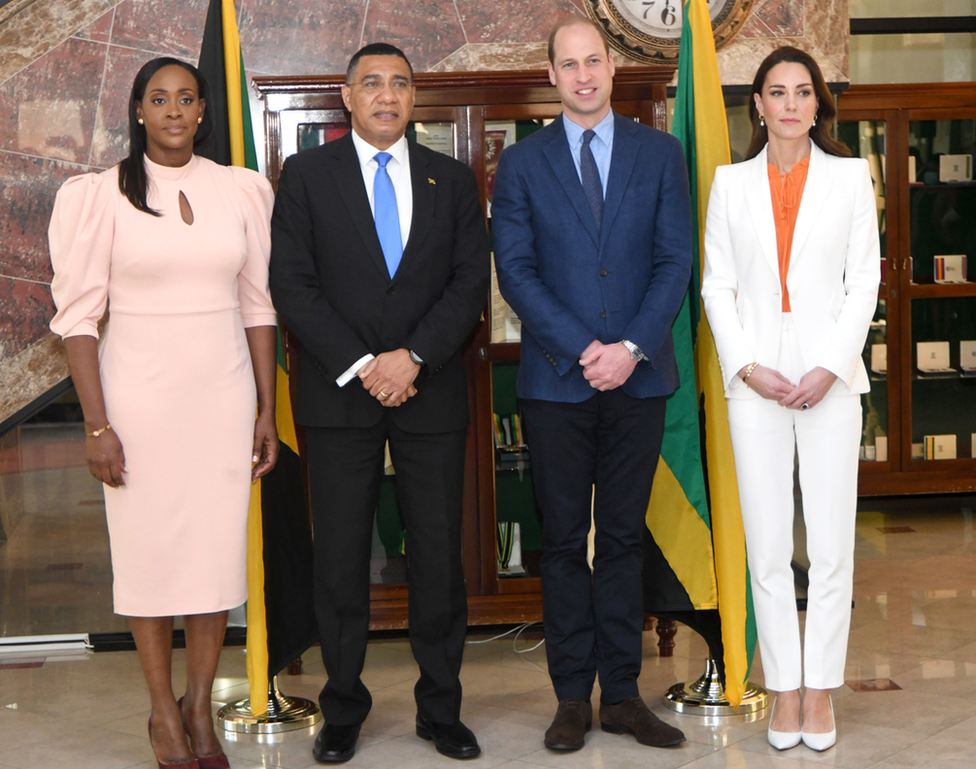
Prime Minister Andrew Holness (pictured with his wife, Juliet) told Prince William that Jamaica is "moving on" from the monarchy
"The question before Jamaicans is simple, she argues. "Do you want as head of state a monarch who is not prepared to apologise, to atone, who is not prepared to demonstrate regret, responsibility or (begin) a process of reparatory justice?"
King Charles hasn't issued a formal apology to Jamaica, though he did acknowledge the "appalling atrocity of slavery… which forever stains our history" in Barbados last year, while Prince William expressed "profound sorrow" while in Jamaica in March.
The ties to the monarchy in Jamaica run deep, ingrained into the island's politics, history, institutions and constitution. And while attitudes over allegiance or being considered "loyal subjects" may be changing, the Queen was always regarded with affection by Jamaicans.
On her final visit to the island in 2002, the Queen visited a development project in Trench Town, a low-income neighbourhood in the capital, Kingston, that's considered the birthplace of reggae. Prince William also visited it in March.
"I first came here when I was nine, so I've been here for 70 years," laughs Junior Lincoln, the chairman of Boys Town, a Methodist institution for at-risk youth in Trench Town. As we chat on the bleachers, a cricket match - that most colonial of sports - is being played under the blazing sun between Boys Town and another local team, Kensington.
Mr Lincoln, who was one of the first reggae promoters to take the music out of Jamaica, believes the island will remain intrinsically entwined with the United Kingdom, as much through cultural and familial links as any constitutional ones.
As he reminisces about bringing reggae to the Royal Albert Hall and meeting members of the royal household, he sees a clear generational divide over these questions.
"The one thing I know about the Royal Family is that they cherish tradition," he says. "But younger Jamaicans now want to have their own independence because they don't feel like we are truly independent while we still have (the monarch) as the head of state."
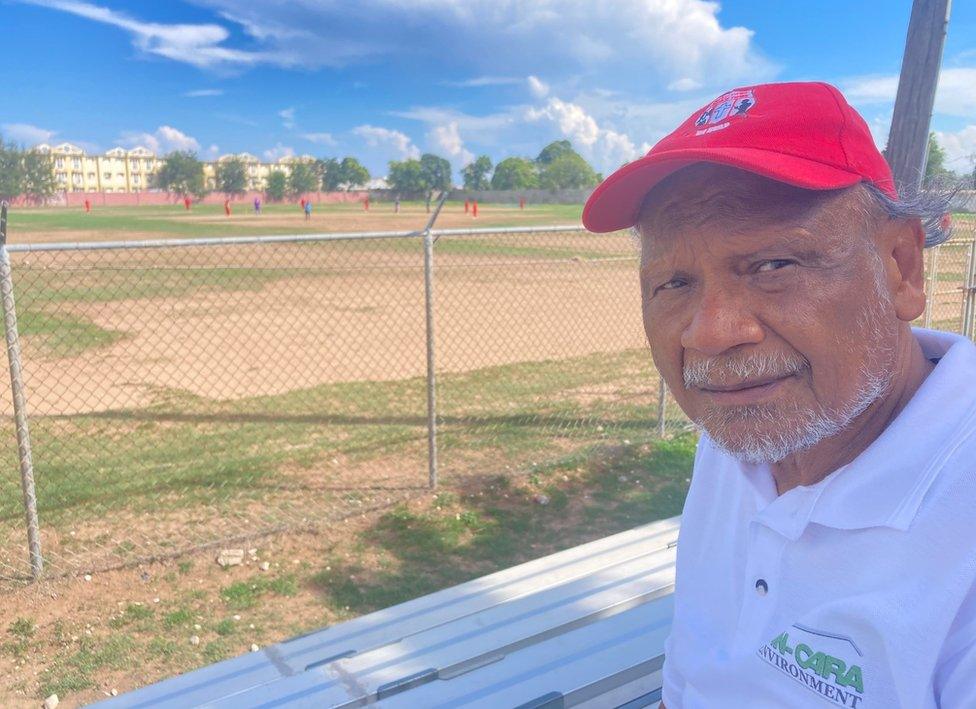
Junior Lincoln notes that whatever happens, the UK and Jamaica will still be tied by family and cultural links
One of the young cricketers, recovering in the shade from his sweltering innings, is 23-year-old Sanjay Brown. Jamaicans his age, he says, only want to hear one thing from King Charles: an apology.
"Many citizens believe we should be compensated with reparations. But it has to start with a formal apology. An apology is necessary based on all the historical errors that have happened."
A couple of blocks away from Boys Town, hairdresser Sherica Bourn braids a customer's hair in her yard, goats picking through a rubbish dump opposite.
She is so scathing about corruption in Jamaican politics - "or 'poli-tricks' as we call it here" - she thinks constitutional reform would achieve little for the island.
"I think the country made a mistake breaking from the Queen in the first place. We're no better off today than before independence. It's done us no good," she laments.
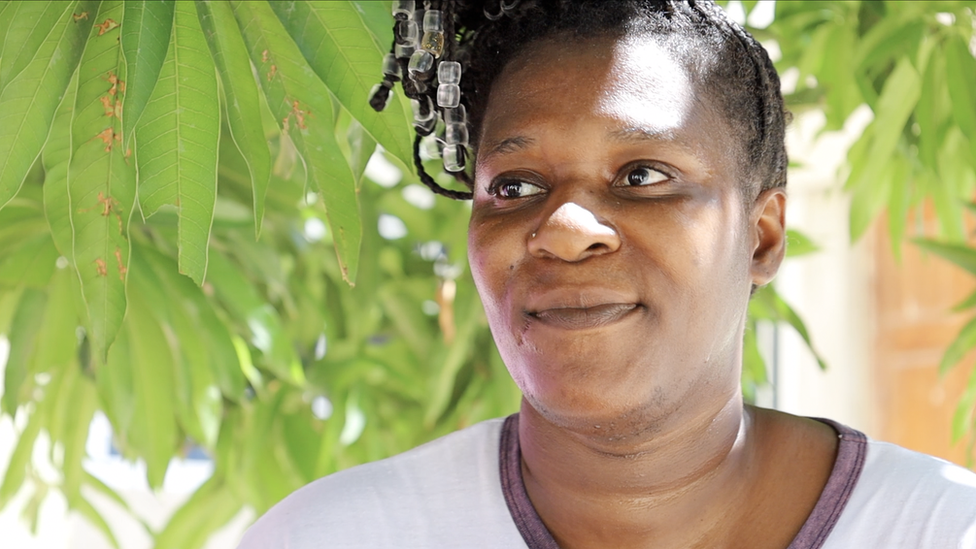
Hairdresser Sherica Bourn doubts leaving the monarchy in the past would improve life in Jamaica
Either way, the issue is gaining momentum. Advocates for change are pushing for a national referendum to be held as soon as possible.
"This is an emotional time for anyone connected to the Queen and we need to be careful taking decisions in an emotional state," cautions Dr Howard Harvey.
His story is somewhat unique in Jamaica.
Born in Trench Town, he shared a one-bedroom home with eight siblings and worked cleaning car windscreens as a child. Yet, by taking a non-traditional vocational route into higher education, he went on to gain a doctorate and become one of the island's leading professors of education. In a country with very limited social mobility, few have the same opportunity to pull themselves from poverty.
"I don't think Jamaica should just react because of Barbados, but we should carry out our own research and make an informed decision as to how to move on," adds Dr Harvey.
For Jamaica to truly throw off its colonial legacy, he believes the first step lies in reforming its education system. Successive Jamaican governments have failed to enhance the kind of technical training he benefited from and which he thinks would better serve Jamaica's young men and women.
"Systemic perhaps is a strong word", says Dr Harvey of the colonial attitudes at play inside Jamaica's state education, "but people like me have pushed for change and the politicians have never wanted to discuss it.
"It's important for young Jamaicans to know that we've been ruled under a particular structure for many years, and that it's not going to die just because the Queen died."
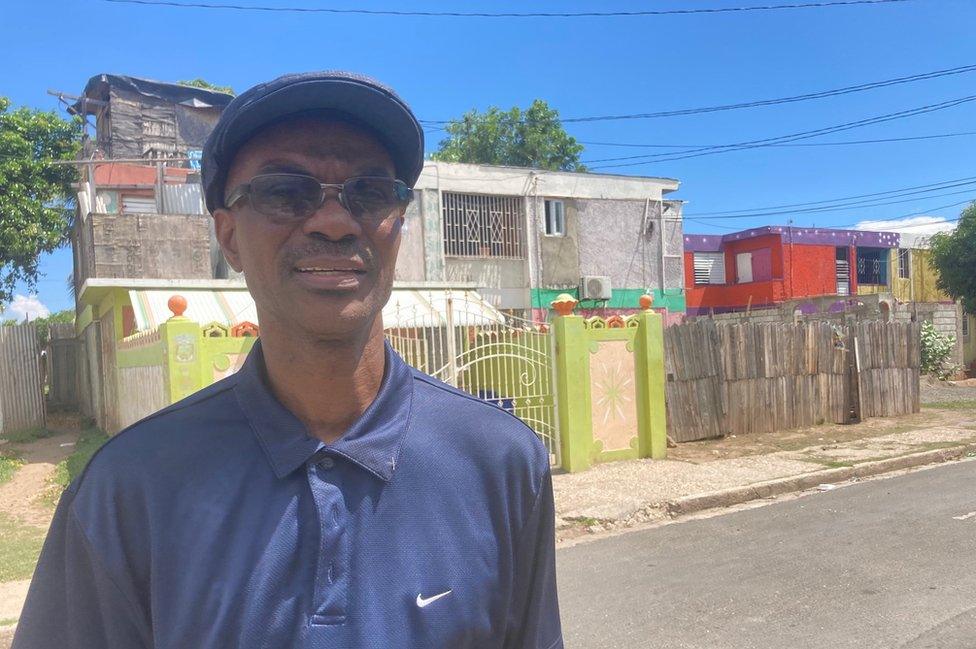
Dr Harvey is a Trench Town success story, and one of Jamaica's leading professors of education
One of King Charles' new titles is Head of the Commonwealth. Jamaica's conversation about its future will worry him, particularly as it may portend similar steps by other member states.
"I won't say we'll be the first Commonwealth country under King Charles (to become a republic) and I won't say we'll be the last. But what I expect is that we'll soon begin this process," insists Prof Hamilton.
"We will hold our prime minister accountable for his words: we are moving on."


Related topics
- Published26 March 2022
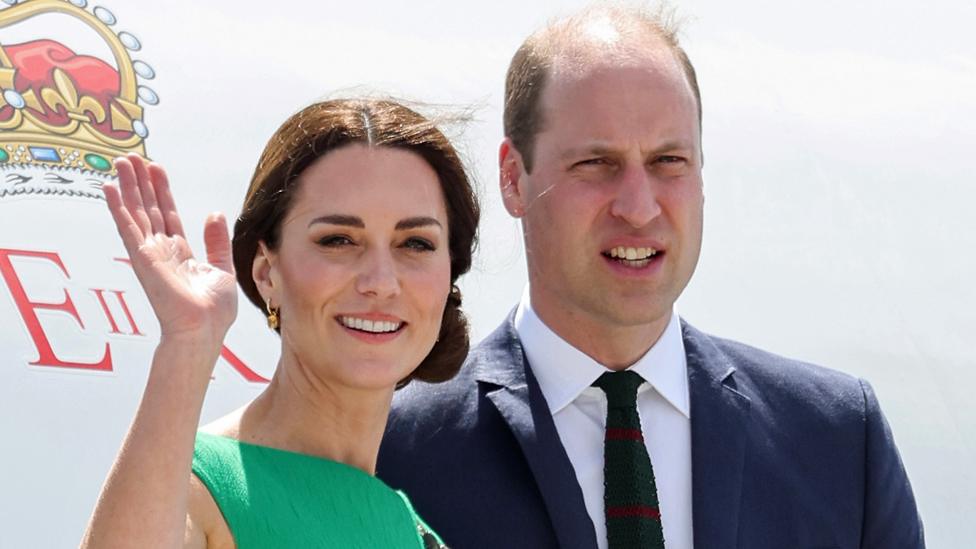
- Published24 March 2022
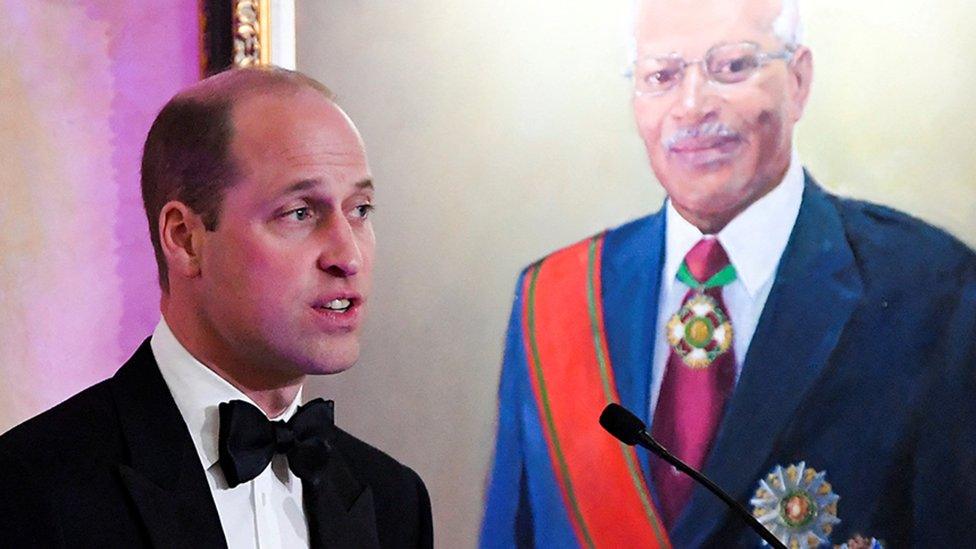
- Published25 March 2022